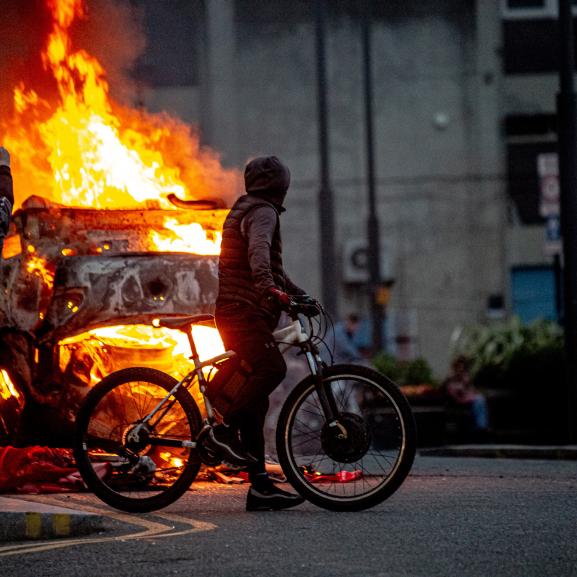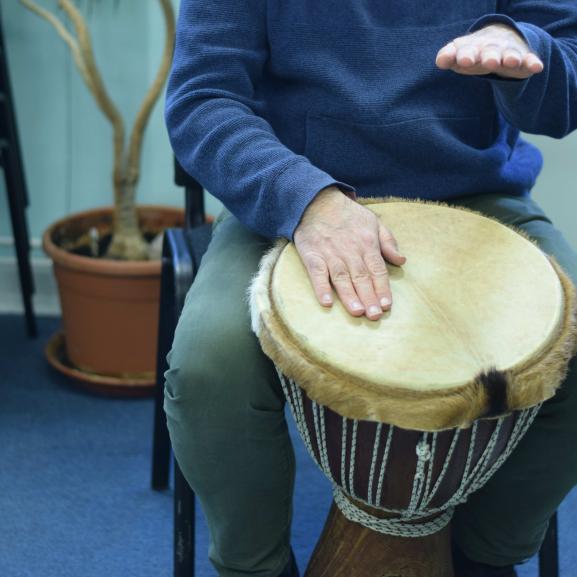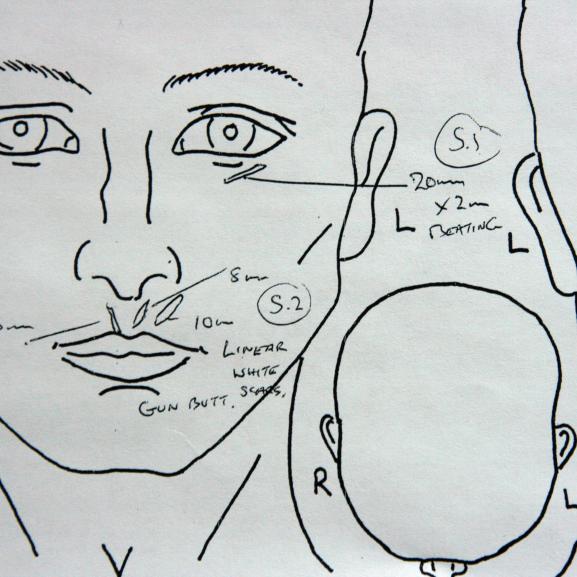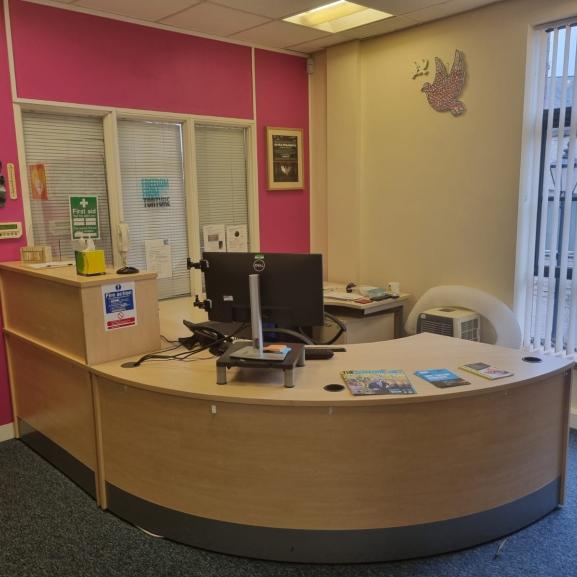Doctors documenting torture need to be alert to own self-care argues our lead doctor
Doctors working with survivors of torture and other trauma need to be alert to their own self-care, argues Dr Angela Burnett, Lead Doctor and Responsible Officer for Freedom from Torture, and GP.
For the past 20 years I've had the privilege of working at Freedom from Torture, with remarkable survivors of torture and colleagues. A primary role of the doctors working for the charity is to assess, identify and document evidence of torture – work which is both challenging and immensely fulfilling. However repeated exposure to the often harrowing accounts of torture survivors can take its toll on doctors.
On Tuesday January 20th 2015 Amnesty International, the BMA and Freedom from Torture are hosting a one-day conference designed to identify the challenges and ethical dilemmas that arise for forensic health professionals involved in documenting torture and its consequences.
During the day I will be discussing the impact on clinicians and the importance of self-care. Several years ago I initiated individual mentoring for doctors when they start work at the Freedom from Torture centre in London as well as on-going monthly peer support groups for all doctors.
As the majority of doctors work part-time, (one or two days per week), a group runs on each day of the week from Monday to Friday, thus enabling every doctor to have the opportunity to access support. Other Freedom from Torture centres have initiated different forms of peer support, depending on their circumstances.
Such support is a new experience for many doctors - the culture of medicine is such that we learn from quite early on in our career to just get on with our work and not dwell on emotions. There is a pervasive fear that an admission of feeling emotional could be perceived by colleagues or patients as a sign of weakness.
Yet anyone working with people who have experienced trauma should expect to be affected in some way - we would not be human if we had no emotional response.
This is true for all health care workers who care for people affected by trauma, including survivors of torture, women and men who are survivors of rape, domestic violence, child and adult sexual abuse and other forms of violence. High levels of workload, coupled with low levels of morale may further expose us to burnout.
It's time to make sure that we take as much care of ourselves as those for whom we care, in order that our work continues to fulfil us.
Freedom from Torture will be running a one-day training on self-care for those working with survivors of trauma in the Spring. If you would like more details please contact [email protected]







